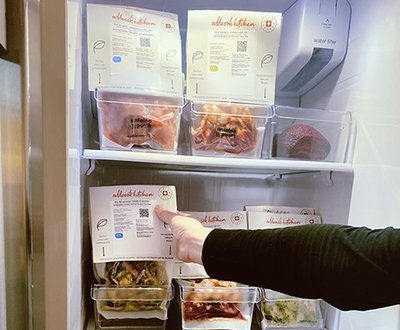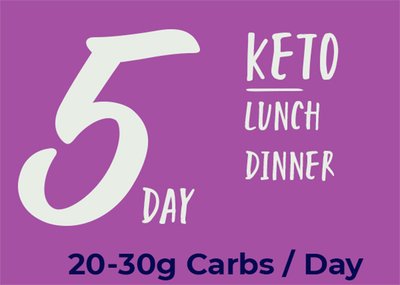Keto meals delivery to your door
✔️ Carbs 8-15g
✔️ Balanced in protein
✔️ Healthy fats
Chef-crafted keto meals
delivered for a week across
Switzerland and Liechtenstein
ORDER NOW


KETO Menu new every week
DISCOVERHOW KETO MEAL DELIVERY WORKS
varied and balanced
from seasonal ingredients
with SwissPost in a chilled box
Enjoy and order again
REMOVE BOREDOM from keto diet plan
Chef-crafted keto meals are just a reach away


KETO MEAT MEALS

KETO FISH MEALS

Proteins

Sides

KETO recipe workshop at Allcook
with chef Benoit Thorey and Aurélia Corbaz - registered nutritionist ASCA & RME

5 Tips for Weight Loss Success with KETO diet
-
Achieve and sustain ketosis — when your body switches to burning stored fat for energy.
- 1. Plan Your Meals Ahead. Stay in control by planning, prepping, or pre-ordering meals — no last-minute carb traps.
- 2. Keep your keto diet exciting. Mix different proteins, sides, spices, and cooking styles so you stay engaged and motivated.
- 3. Get support with ready keto meals. Save time and stay consistent with chef-prepared keto meals to hit your macros and keep ketosis effortless.
- 4. Get Enough Protein. Aim for 1.6–2.2 g of protein per kg of body weight per day. Protein preserves muscle and keeps you feeling full.
- 5. Hydrate regularly. Drink plenty of water to boost metabolism and curb cravings.
*Allcook kitchen does not claim that any of its offerings will treat, cure, or prevent any disease or health condition; always consult with a health professional for your diet choices.
5-DAY KETO MEAL BOX
No time to choose? Order a 5-DAY keto meal box with one click
- 5 lunches
- 5 dinners
- Fermented snacks and drinks

What our customers are saying
Popular Questions


You can absolutely place a one-time order with Allcook. This allows you to try the meals first to see if they suit your needs, and later you can decide whether to order occasionally or subscribe. Our flexible system is designed so you can choose what works best for your lifestyle.

The “best before” date is clearly shown on the packaging. Typically, meals stay fresh in the fridge for 5 to 7 days after delivery. We suggest enjoying them in the first days to ensure the best taste and texture. If you can’t finish them in time, freezing is possible. To maintain the quality, thaw them slowly in your fridge rather than using a microwave or leaving them out at room temperature.

On average, each Keto meal weighs around 400 g and provides about 398 kcal. The breakdown is roughly 32 % protein (31.5 g), 53 % fat (23.4 g), and 11 % carbs (11 g). Unlike the classic ketogenic diet (70 % fat, 20 % protein), our meals use a more modern keto approach with higher protein content, which helps preserve muscle mass while losing weight. You can balance fat intake with snacks like avocado, nuts, or low-salt cheeses.

The main goal is to achieve ketosis — a metabolic state where the body burns fat instead of carbohydrates. Normally, carbs serve as the primary fuel. When intake is significantly reduced, the body shifts to breaking down stored fat into ketones, which then provide energy. This transition can involve a short adaptation period sometimes called “keto flu,” but it allows the body to efficiently use fat reserves as its main energy source.

A low-carb diet reduces carb intake to less than 30 % of daily calories, mainly cutting out high-glycemic “fast” carbs. The ketogenic diet is stricter, limiting carbs to 10-15 % and excluding grains, legumes, and fruit. Both diets lead to ketosis, but keto reaches it faster. However, it requires more discipline and is generally harder to sustain long term.

The decision depends on personal preference, how well you can sustain strict carb reduction, your weight-loss goals, and metabolic health. Keto often produces faster initial results but can cause temporary fatigue (“keto flu”). Low-carb offers more flexibility and may be easier to maintain long term. In both cases, it is important to include vegetables, healthy fats, and proteins for a balanced diet.











